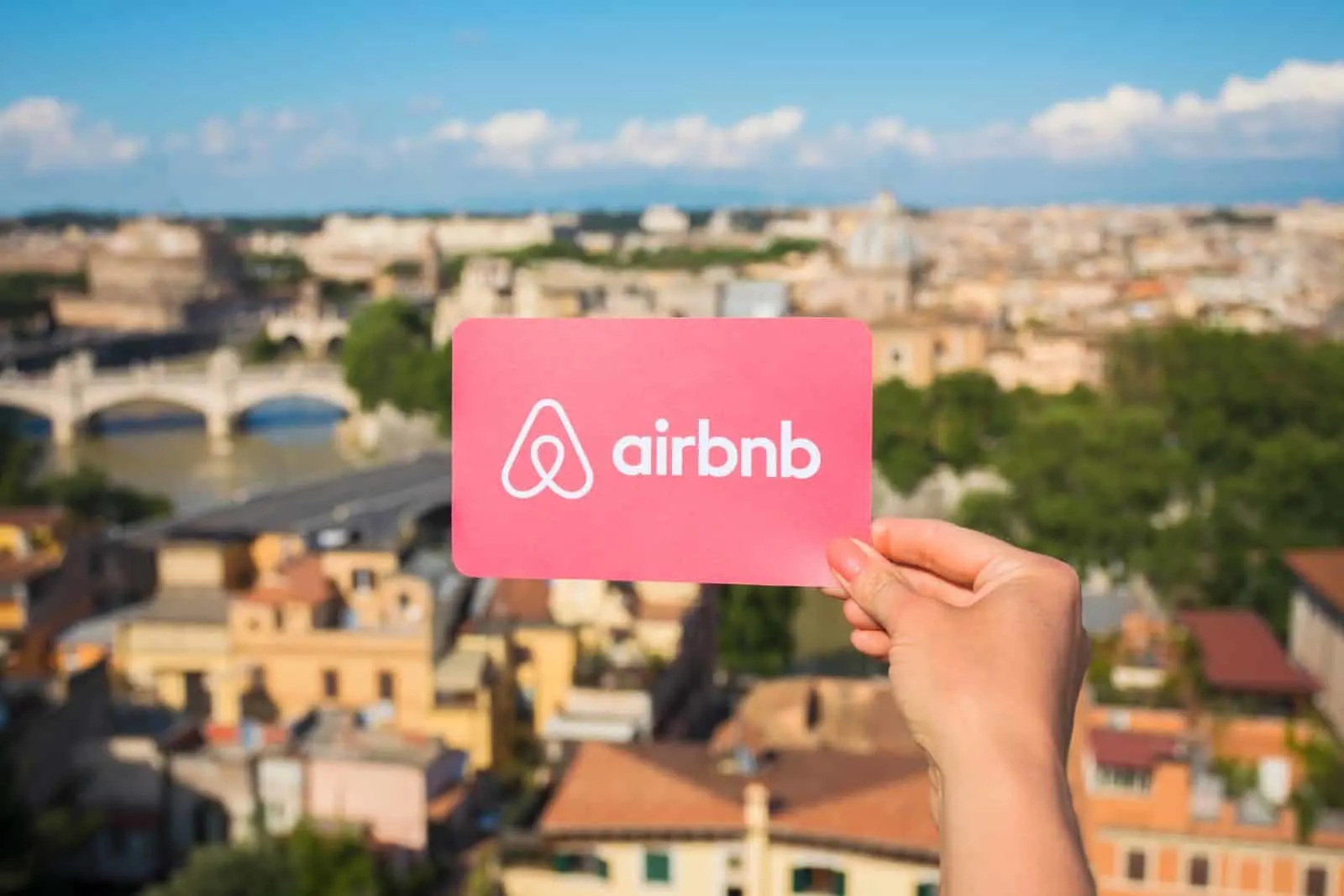Privacy in Focus – Airbnb Tightens Security Camera Policy
On Monday, Airbnb announced an upcoming policy change to prioritize guest privacy. The company will now ban all indoor security cameras at its rental properties worldwide. Under specific conditions, the previous policy had allowed cameras in “public spaces and common areas,” like hallways and living rooms.
Airbnb hosts had been allowed indoor security cameras, provided they were visible, disclosed in the listing description, and didn’t record in sleeping areas and bathrooms. However, Airbnb is implementing a more comprehensive approach for transparency and guest comfort.
Building Trust Through Transparency – Clear Communication With Guests
“Our goal was to create new, clear rules that provide our community with greater clarity about what to expect on Airbnb,” stated Juniper Downs, Airbnb’s Head of Community Policy and Partnerships. Her statement emphasized the importance of clear communication and fostering trust with guests and hosts.
Airbnb acknowledges the collaborative effort behind this policy shift. “[The changes were made] in consultation with our guests, hosts, and privacy experts,” Downs highlighted. The company also committed to ongoing feedback collection to ensure its policies effectively serve the global Airbnb community.
Protecting Guest Privacy From April Onwards
The new policy prohibiting indoor security cameras will officially take effect on April 30th, 2024. Moving forward, any indoor camera installation within an Airbnb rental property, regardless of its purpose or operating status (on or off), will be strictly forbidden.
Guests who encounter an undisclosed security camera within their rental can report the violation to Airbnb. The company will then conduct a thorough investigation. Airbnb can remove the listing or suspend the host’s account in confirmed policy breaches.
Balancing Security and Privacy – What’s Allowed and What’s Not
It’s important to note that this ban solely applies to indoor security cameras. Locations like hotel lobbies and restaurants, which often utilize security cameras, are not encompassed by this policy change.
Airbnb acknowledges the value of certain security measures for hosts. Doorbell cameras and noise decibel monitors, which assess sound levels without audio recording capabilities, will remain permitted. The company recognizes these tools as “an effective, privacy-protective way for hosts to monitor security for their home and get ahead of issues like unauthorized parties.”
Outdoor Cameras – Transparency and Respecting Privacy Expectations
Like indoor cameras, Airbnb requires hosts to disclose specific locations of any outdoor security cameras before booking. Additionally, the company restricts outdoor cameras in areas with a higher expectation of privacy, such as outdoor showers or saunas.
A Trend Towards Privacy Protection – Vrbo’s Existing Policy
Interestingly, Airbnb isn’t alone with this policy update. In 2022, fellow vacation rental company Vrbo implemented similar measures. Vrbo already prohibited cameras from capturing the interior of a property, regardless of indoor or outdoor placement. Additionally, outdoor cameras overlooking areas like pools must be disclosed upfront.
Airbnb’s policy shift hopes to ensure a more comfortable and trustworthy experience for its global community by prioritizing guest privacy and transparency. This decision is right in step with the growing trend within the vacation rental industry that has increased the emphasis on guest privacy within short-term rental accommodations.
More From The Green Voyage
Top 10 Trending Travel Destinations 2024
6 Essential Banking Apps for International Travel – Managing Your Finances on the Go
Traveling With Kids – 10 Tips to Create Memorable Family Holidays
The post Airbnb Prioritizes Guest Privacy With Indoor Security Camera Ban first appeared on The Green Voyage.
Featured Image Credit: Shutterstock / Kaspars Grinvalds.
Tips for Trip Success
Book Your Flight
Find an inexpensive flight by using Kayak, a favorite of ours because it regularly returns less expensive flight options from a variety of airlines.
Book Your Hotel or Special Accommodation
We are big fans of Booking.com. We like their review system and photos. If we want to see more reviews and additional booking options, we go to Expedia.
You Need Travel Insurance!
Good travel insurance means having total peace of mind. Travel insurance protects you when your medical insurance often will not and better than what you get from your credit card. It will provide comprehensive coverage should you need medical treatment or return to the United States, compensation for trip interruption, baggage loss, and other situations.Find the Perfect Insurance Plan for Your Trip
